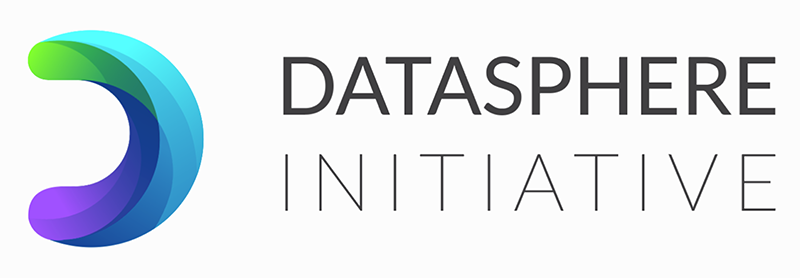The Datasphere Initiative is a global network of stakeholders with a mission to develop agile frameworks to responsibly unlock the value of data for all.
It has been incubated by the Internet & Jurisdiction Policy Network – a multistakeholder organisation addressing the tension between the cross-border nature of the internet and national jurisdictions.
The Datasphere’s main objectives are the following:
- Bring a new, holistic and positive approach to the governance of the Datasphere
- Provide a platform to unlock the social and economic value of data access and
- Improve coordination and accelerate the adoption of concrete proposals to overcome the current tensions and polarisation around
- Produce evidence-based analysis on data policy
- Catalyse human-centric technical, policy, and institutional innovations.
Digital activities
The Datasphere Initiative works on three programmes that promote transnational cooperation and mission-oriented partnerships: Dialogue, Intelligence, and the Lab.
Digital activities are dedicated to increasing awareness, building capacity, and identifying real-world challenges that can be addressed by data and innovative data governance frameworks.
Digital policy issues
Data governance
The Datasphere provides the fundamental perspective shift needed to govern data for the well-being of all, building innovative data governance frameworks that are inclusive, agile, and scalable.
The Intelligence Program gathers evidence on concrete challenges, identifies innovative data governance practices, and translates complex technical data issues into actionable outcomes. The main objectives of this programme are mapping the relevant actors, policy processes, innovative approaches, concepts, and trends on data governance and developing holistic analytical and measurement frameworks for the Datasphere. The Intelligence Program includes Framing the Datasphere, Datasphere Observatory, Mapping the Datasphere, Sectorial Deepdives, Datasphere Reviews, and Datasphere Toolkit(s).
The Datasphere Governance Atlas maps organisations from around the world all with a mission to address the multi-dimensional topic of data governance. The analysis identifies technical and normative approaches to data governance and puts forward insights into how the data governance environment is evolving across regions and sectors.
The Lab Program creates a collective space to showcase and experiment with innovations in governance frameworks and technical solutions advancing the vision of a Datasphere for all. Cross-border Datasphere Sandboxes, Framework Convention for the Datasphere, Protocol(s) for the Datasphere, and Datasphere Hackathons are an important segment of this programme. Moreover, it is foreseen to launch a Global Sandboxes for Data Forum in 2024 that will spur the development and implementation of innovative data governance frameworks across borders, through a multistakeholder process, to which local, regional, and global experts will be invited to contribute and learn from each other. As the first regional application of the Global Sandboxes Forum, the Datasphere Initiative has launched the Africa Forum on Sandboxes for Data.
Capacity development
The objectives of the Dialogue Program are to inform (increase awareness of data opportunities and challenges across regions), advise (develop capacity-building programmes with a regional partner), and innovate (identify real-world challenges that can be addressed by data and innovative data governance frameworks). The Datasphere Dialogues seek to engage systematically with stakeholders in Europe and North America but will count with a special focus on the Global South and sustainability challenges, supporting local and regional empowerment and leadership on Data Governance. In addition to global dialogues, it consists of structured regional efforts in Africa, Latin America and the Caribbean, and Asia. The Dialogue Program includes Datasphere Dialogues, Datasphere Academy, Datasphere Challenges, and the Datasphere Summit.
Digital tools
Mapping the Datasphere seeks to investigate paths to enable the visualisation of the Datasphere as a whole and its different dimensions, building on datasets of personal and/or non-personal data in collaboration with data engineers and policy practitioners. The ultimate objective is to develop an interactive Datasphere Observatory platform where the Datasphere and the repository of collected information can be visualised in its different layers and segments of different dataspheres tangible for users and decision-makers.
Future of meetings
More information is available on the event page.
Social media channels
Instagram @youth4data
LinkedIn @datasphere-initiative
Medium @thedatasphere
TikTok @youth4data
X @thedatasphere
YouTube @The Datasphere







